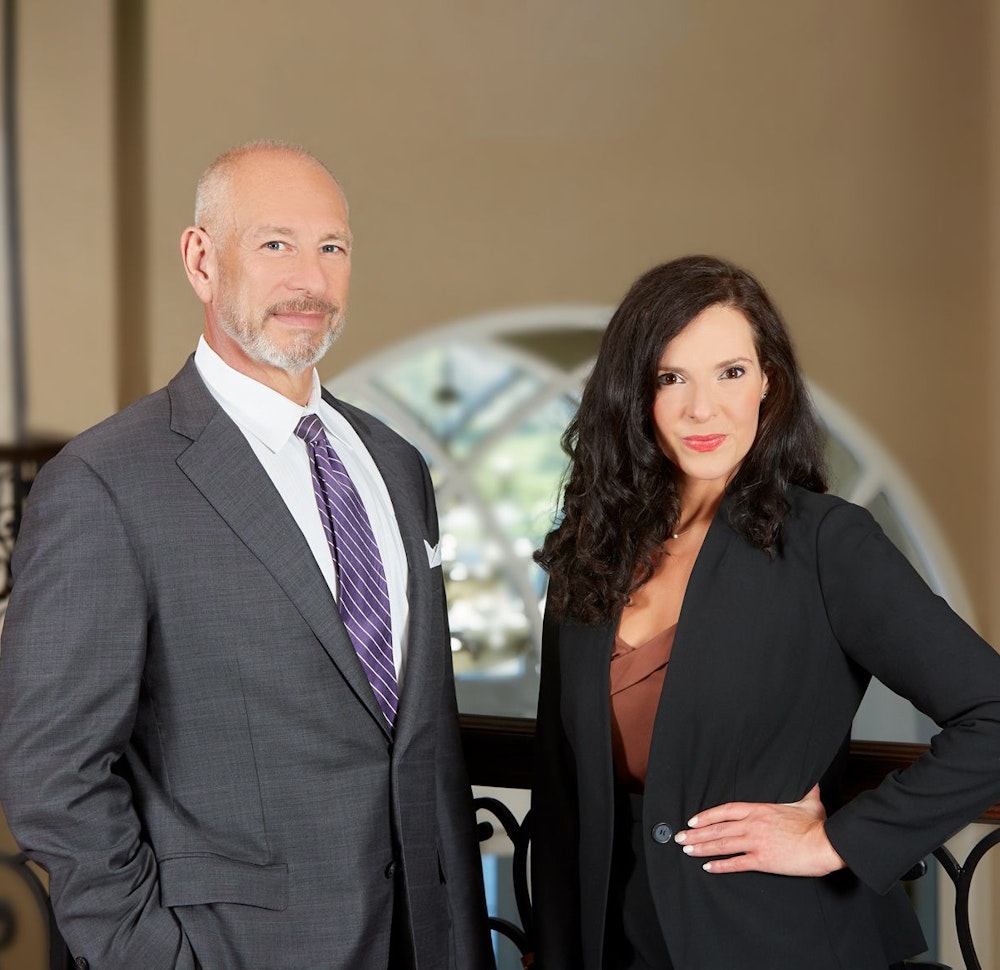The Value of Continuing Education in Criminal Defense
An effective, skilled lawyer must always be a student of the craft. I believe that we should never reach the point where we think that we are too old, too smart or that we have nothing left to learn. This requires a substantial commitment of time and money.
 Even though the rules for lawyers require only 15 hours per year of continuing legal education, I personally average about 100 hours per year. I require (and pay) for my associate to spend that much time at it as well.
Even though the rules for lawyers require only 15 hours per year of continuing legal education, I personally average about 100 hours per year. I require (and pay) for my associate to spend that much time at it as well.
Unlike most lawyers, we do not just look for the most economical, convenient seminars. We go where we need to, at very substantial expense, to obtain the best possible education. In the past few years I have studied or taught drunk driving defense at seminars in Nassau, New Orleans, Boston, Little Rock, Charlotte, Dallas, Atlanta and Washington, D.C. Some of these were nice vacation spots but the reason I was there was to learn the craft of lawyering.
Many of the courses we take involve the legal and scientific technicalities of drunk driving defense. For example, I have often attended the Mastering Scientific Evidence conference, co-sponsored by the National College for DUI Defense and the Texas Criminal Defense Lawyers Association.
I have also studied and taught at the National College for DUI Defense, presented at the Harvard Law School, every year for the past ten years. This course focuses more on the skills of an effective trial lawyer.
No other criminal defense law firm in Wisconsin has made such a commitment to studying and teaching the art and science of drunk driving defense. In the coming year, we will be taking the most advanced continuing education courses.
Despite the fact the law only requires 15 hours per year of training (in order to maintain a law license in good standing), I will attend about 200 hours of advanced training in the coming year. This training will include high-level study of the science of blood testing, methods of scientific measurement and police practices. It will also include the highest level training in trial skills, such as storytelling, psychodrama, jury selection, opening statements, cross-examination and closing arguments.
Nor will I ignore legal training. In fact, in November 2011, I will be an instructor in drunk driving law at the judge’s conference. In that course I will teach the judges about the law of scientific evidence as it relates to standardized field sobriety testing.
Even at age 56, with thirty years of experience, I still feel as though I can and will improve my skill as a lawyer. There is and always will be a lot to learn; and I hope to always be young enough at heart to continue to be a student.


